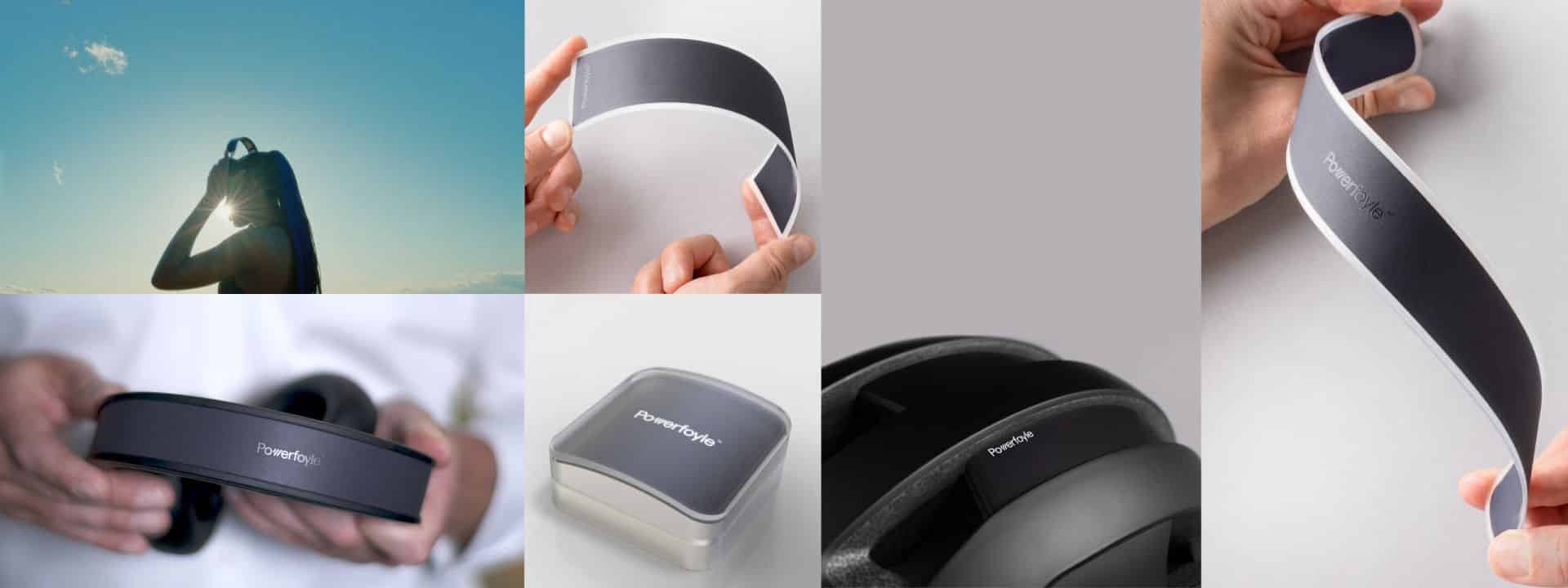Every six seconds, a clandestine printer in a factory on Stockholm’s northern outskirts churns out sheets worth thousands of euros each, each containing 108 miniature solar cells destined for everyday gadgets. These cells promise to revolutionize our interaction with technology and prompt a reevaluation of our relationship with light.
The setting may seem unlikely for a solar breakthrough, but the winter’s dimness in Sweden prompted Exeger co-founder Giovanni Fili to seek alternative power sources beyond the Sun. His company’s breakthrough technology can harvest electricity from any light source, from direct sunlight to candlelight, even moonlight, though less immediately useful.
“We can efficiently utilize very few photons, akin to algae in pitch-black ocean depths,” Fili tells The Independent, describing the technology on his t-shirt as “world-changing,” addressing global energy needs and environmental challenges simultaneously.

Exeger’s Stockholm facility, Europe’s largest of its kind, churns out 2.5 million square meters of solar cells annually, poised to impact a billion lives by 2030, according to Fili. Their technology has already been integrated into seven products on shelves like headphones, TV remotes, tablets, etc. with more in the pipeline, attracting the interest of major brands like Adidas, Philips, and 3M, putting an end to use of small batteries.
This technology can even be used in power-intensive gadgets like laptops, extending their usage by 50 to 100%.
While indoor solar panels have existed for decades (solar calculators), the limitations of amorphous silicon cells hindered their integration into other products. A 1988 discovery on dye-sensitized solar cells (DSSC) laid the groundwork for a commercial breakthrough. Fili and co-founder Henrik Lindström’s 2011 invention of a new more transparent electrode material led to Powerfoyle cells, now produced at scale.
Exeger’s Powerfoyle cells depart from traditional glass-covered panels, eliminating the need for silver conductors and insensitivity to partial shading, enhancing efficiency. The patented material can seamlessly integrate into various products, remaining waterproof, dustproof, and shockproof.

Exeger is part of a cadre of startups advancing indoor solar panels, aiming to eliminate disposable batteries and usher in a battery-free future. Ambient Photonics, another player in this field, sees potential in smart home applications, aiming to reduce electronic waste and environmental impact.
While limitations remain, such as sensitivity to heat and light, both Exeger and Ambient Photonics are optimistic about the future. Exeger envisions a world where cables become obsolete, with sunlight powering everyday devices, fostering a newfound awareness of light’s power and presence.




























Of course, commendable efforts to serve humanity!
A great breakthrough in the field of science and technology.
Stunning